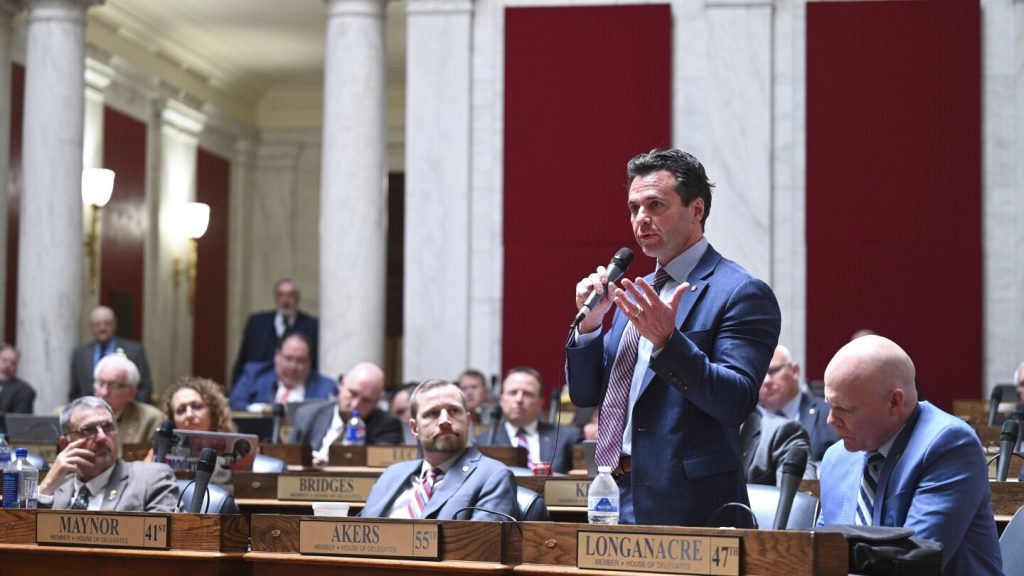State lawmakers in West Virginia recently approved $83 million for higher education, including $51 million for grants to help students pay for tuition. This decision comes after the state’s colleges and universities saw a 26% reduction in applications, which has been described as “dramatic and devastating” by Republican Senate Majority Leader Tom Takubo. In addition to funding for higher education, lawmakers also allocated $183 million to the state agency responsible for caring for individuals with intellectual and developmental disabilities. This special session was focused on providing support to some of the most vulnerable groups in West Virginia, where 1 in 4 children live in poverty.
The delay in processing the Free Application for Federal Student Aid (FAFSA) has left many college-bound students in limbo as they wait for changes to the application process. FAFSA is used to determine eligibility for federal Pell Grants, and the update was meant to simplify the form but took longer than expected. To address this issue, West Virginia lawmakers approved a resolution urging the federal government to accelerate FAFSA processing. Governor Jim Justice declared a state of emergency to allow students to receive state scholarships without their FAFSA being processed by the federal government. Lawmakers also extended this state of emergency through at least Oct. 15, to provide relief to students and families affected by the delays.
During the special session, lawmakers discussed various proposals, including funds for road paving and maintenance, a new state agriculture lab, food banks, and contract nursing costs at the state veterans’ home. There was also a focus on addressing issues within the Department of Health and Department of Human Services, with concerns raised about how taxpayer money was being utilized. A Department of Human Services report highlighted that around $29 million meant for services for people with disabilities went unused in fiscal year 2023. Lawmakers approved a bill creating a new fund for agency secretaries to transfer money, including for increasing provider reimbursements, with monthly reports required to a legislative oversight committee.
State Delegate Brandon Steele emphasized the responsibility of lawmakers to help ease the burden on families affected by the FAFSA delays, even though they were not created by the state legislature. He highlighted the importance of coming together to solve this problem for students and families in the community. The special session took place as part of regular interim meetings at the state Capitol and included discussions on various budget proposals. The focus was on providing much-needed support to students, families, and vulnerable populations in West Virginia, with an emphasis on ensuring access to higher education and essential services for those in need.


